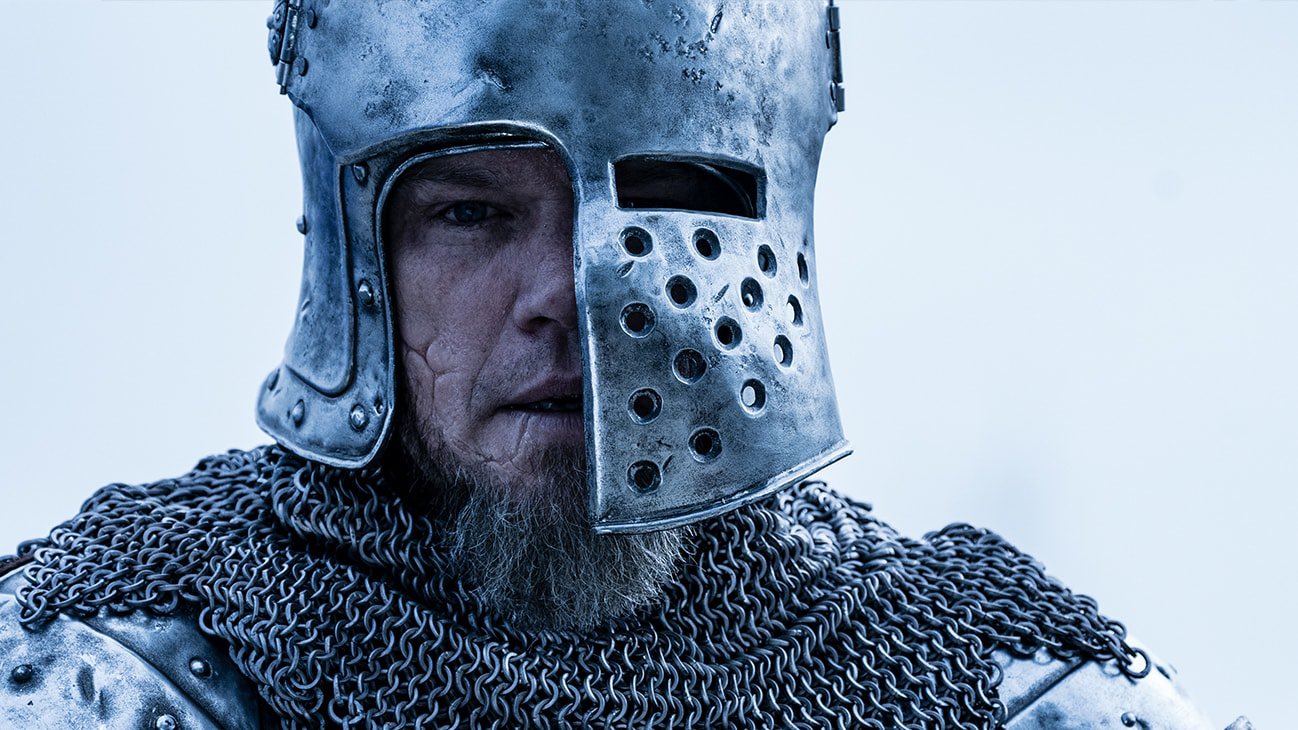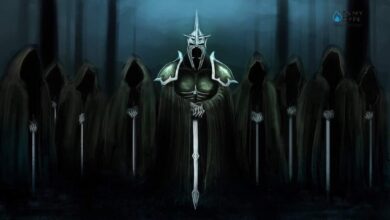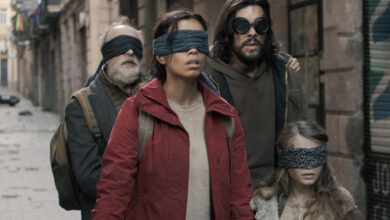The Last Duel: Ending Explained! Why The Court Didn’t Believe Marguerite’s Story
What Happens Between Jean de Carrouges And Jacques Le Gris? What Happens To Marguerite de Carrouges After The Duel?
The Last Duel is currently in theaters The Last Duel stars Jodie Comer, Matt Damon and Adam Driver as three people who changed the course of French history. The film’s synopsis lays out the basics of what would be the last duel in French history, but like most “true story” stories, there are always gaps between fact and fiction. The film follows the story of Marguerite de Carrouges who claims to have been raped by Jacques Le Gris, the friend and squire of her husband Jean. To prove the veracity of his statements, Matt Damon’s Jean challenges Le Gris to battle. Of course, there’s more to the movie than the duel just like the true story, if you have any questions regarding the ending of The Last Duel movie, read on!

The Last Duel Ending Explained
After a large part of the film The Last Duel devoted to the points of view of Jean and Jacques. The third act is concerned with Jodie Comer’s Marguerite and, as the film suggests, her point of view is the “truth” of the three. Marguerite was raped by Jacques and she told her husband, Jean, but her decision to challenge Jacques to a duel was partly due to the fact that he considered his wife to be his property and also because he and Jacques were together. were confused years ago.
Marguerite testifies in court about the rape and it is revealed that she is pregnant, as she and Jean have been trying to conceive for some time. It is possible that Marguerite is pregnant with Jacques’ child, but this detail is never explored in The Last Duel. As Marguerite speaks, she receives reactions from the women in her life. Jean’s mother reveals that she was also raped, but decided not to say anything to stay alive. Marguerite’s best friend, Marie, does not believe her and provides the court that Marguerite had expressed her belief in Jacques’ beauty before the incident.
It is decided that John and James will fight to the death so that God can decide who is right. If Jean dies in the fight, Marguerite will be burned alive and her child will be orphaned to punish her for lying. If Jacques dies in combat, Jean and Marguerite de Carrouges will be able to continue to form a family. After a grueling battle, Jean kills Jacques and justice is served. Jacques’s body is dragged through the mud and hanged in the village square, while Marguerite finally realizes her goal and desire to raise a child. Jean died in combat a few years later and it was said that Marguerite would never remarry.
What Do We Really Need To Understand From The End? Moral Etc.
Director Ridley Scott wraps up The Last Duel on a peaceful stage in which Marguerite watches over her growing son. The camera focuses on Marguerite’s face before the film turns black, and while the scene may be subject to interpretation, what it shows and does not show is certainly remarkable given the film’s emphasis on perspective.
Key elements of the scene are the location of Marguerite and the notable absence of Jean de Carrouges. Thus, this scene offers Marguerite a moment of rest from the oppressive roles that politics, social norms and men have played in her life up to that point. This idea is underlined by the title cards which follow, which reveal that Jean de Carrouges died in combat a few years after the duel and that Marguerite never remarried.
The film is indeed distinguished from other medieval epics by a new perspective that uses its history to shed light on issues of rape and misogyny. It does this in the first place thanks to its unique three-point structure, which cleverly reserves the story of Marguerite de Carrouges for the end. While historical documents contain a lot of information about Jean de Carrouges and Jacques le Gris, Marguerite’s story is much less fleshed out, which further strengthens the concept of secondary women at the time. The last duel finally gives a voice to Marguerite, who paints a very hard and precise portrait of the men in her life.
It also brings nuance to its story which, unlike many other films set in medieval times, gives an accurate and stimulating account of how women were treated then, but also today. The structure of The Last Duel also speaks to modern times and the fact that even today women face an uphill battle to be heard when it comes to charges of rape and sexual harassment. In fact, it is still incredibly difficult for women to tell that they have been raped or sexually assaulted.
The structure of the film also illustrates how, even today, in any “he says / he says” scenario, the tendency is to question the history of women but to take men more seriously. In the mind of M. de Carrouges, he believes he is a loving husband and an honorable man who stands up for Marguerite when she needs it. In reality, he doesn’t believe her right away and, even then, he only sees it as an affront on Le Gris’s part. The Gray sees himself as a highly desirable figure. Le Gris even mentions his “usual protests” later in the film, but his take makes it seem like Marguerite was sending mixed signals.
Marguerite’s point of view overturns all illusions and focuses on her struggle and the mistreatment she endures in a world dominated by men. The triple perspective framing illustrates how men of all eras justify appalling actions and how the burden of proof still falls on women, as well as the effects of internalized misogyny. Hopefully, The Last Duel inspires future films to be thoughtful as well.





One Comment